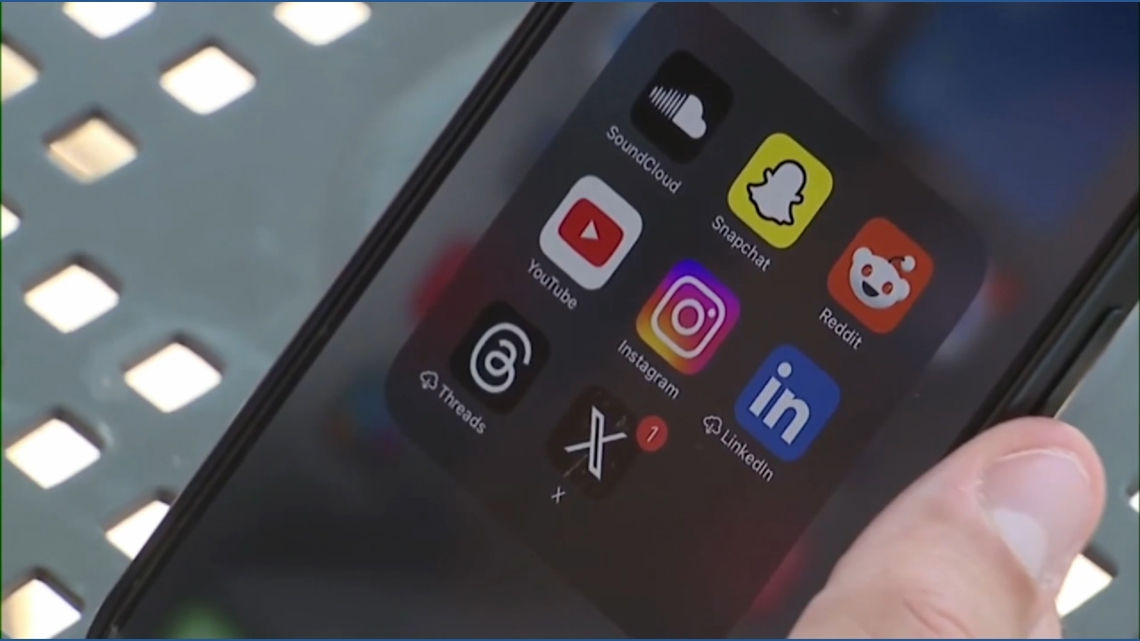Lawmakers, teachers, parents and students met in Harrisburg to debate how smartphones are shaping learning, safety and attention in Pennsylvania classrooms.
HARRISBURG, Pa. — Lawmakers in Pennsylvania are taking a closer look at how cell phones affect classroom learning, student safety and school culture.
On Tuesday, the Senate Education Committee held a public hearing at the State Capitol, where educators, parents and students shared their experiences and opinions on mobile device use in schools.
Whether it’s a text, a TikTok or a Snapchat, phones have become a constant in students’ hands — and a growing concern for teachers.
“It’s no surprise mobile devices interrupt learning. It’s just that simple,” said Aaron Chapin, with the Pennsylvania State Education Association.
Committee members heard testimonies from across the state on how phones impact attention, relationships and students’ well-being.
“As school leaders, we see daily how deeply technology affects our students’ attention, relationships and well-being. It is time to reduce distractions during the school day,” said Dr. Michael Vuckovich, superintendent of the Windber Area School District.
A Pew Research Center study found the average high school student receives more than 230 text messages per day. Some Pennsylvania school districts already have strict no-phone policies, while others allow limited use for research, assignments or downtime.
“We see ‘hellos’ now in the hallway and smiling faces when we say ‘hello’ to a kid. They’re not walking down the hallway [disengaged],” said Raymond Omer of the West Middlesex Area School District.
Still, many say finding the right balance is the hardest part.
“Not a total ban would be necessary or practical, but a flexible policy that can be implemented with stakeholders, such as students, I think, is important,” said Atticus Mitchell, a sophomore at Danville High School.
No votes or formal actions were taken Tuesday, but educators and students described the hearing as a first step toward possible statewide guidelines.
“Managing the use of electronic devices is not meant to deny students access to technology, but rather to set appropriate boundaries for its use to ensure students’ overall well-being,” said Laura Morton of the Pennsylvania School Boards Association.
For now, the conversation continues — as parents, teachers and students all dial into the debate over when phones belong in the classroom.


